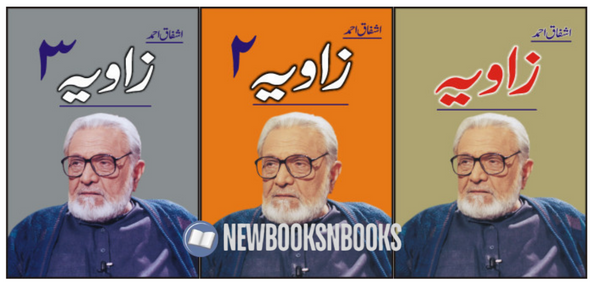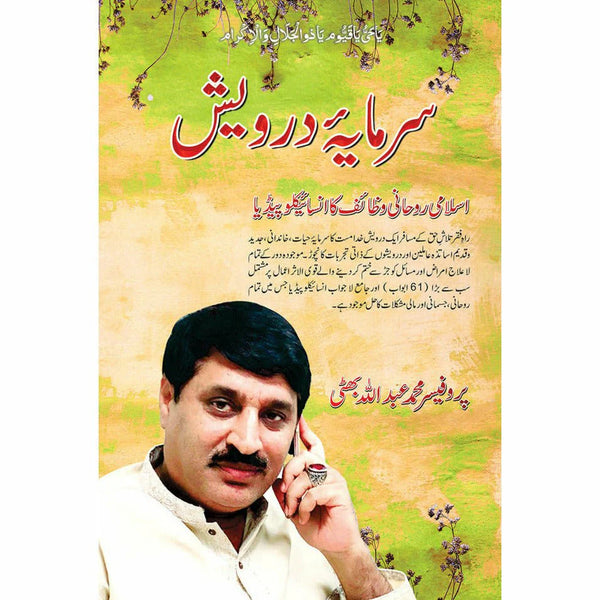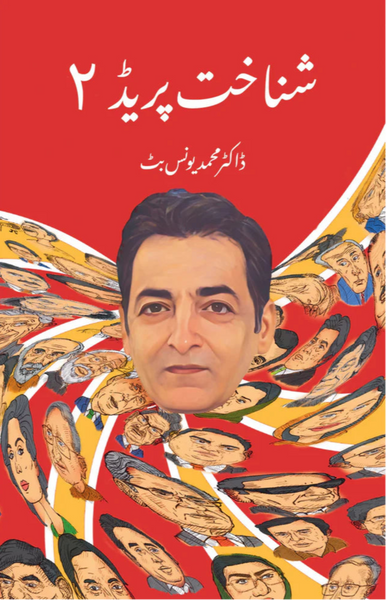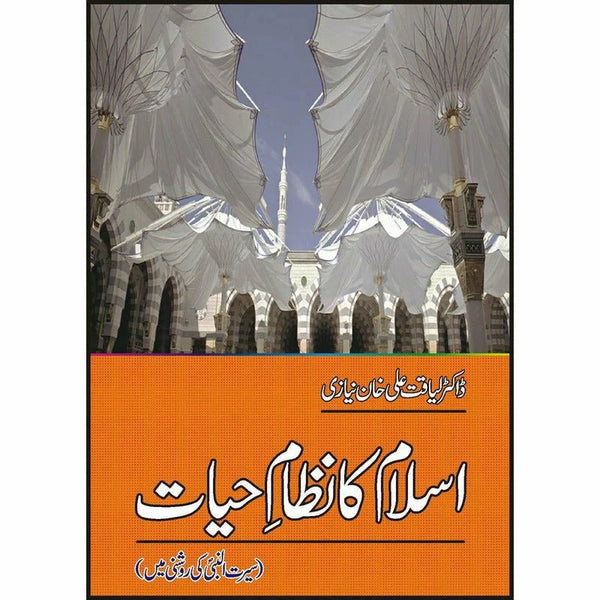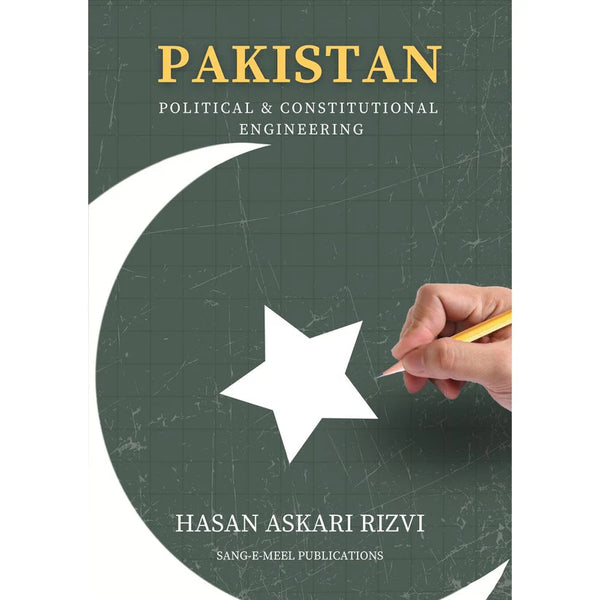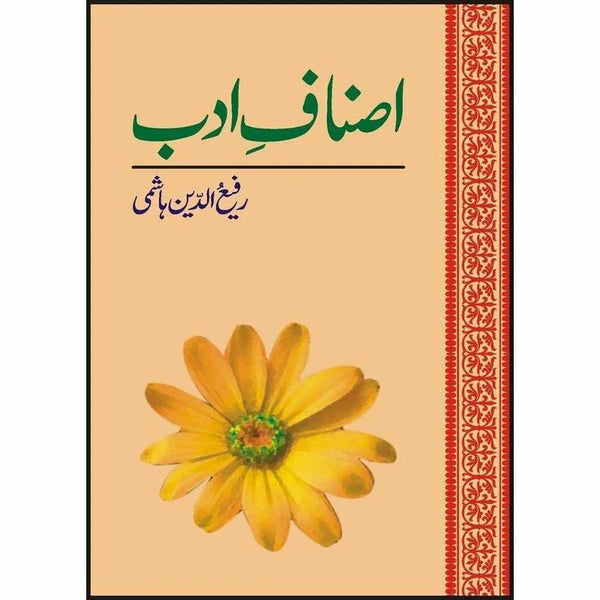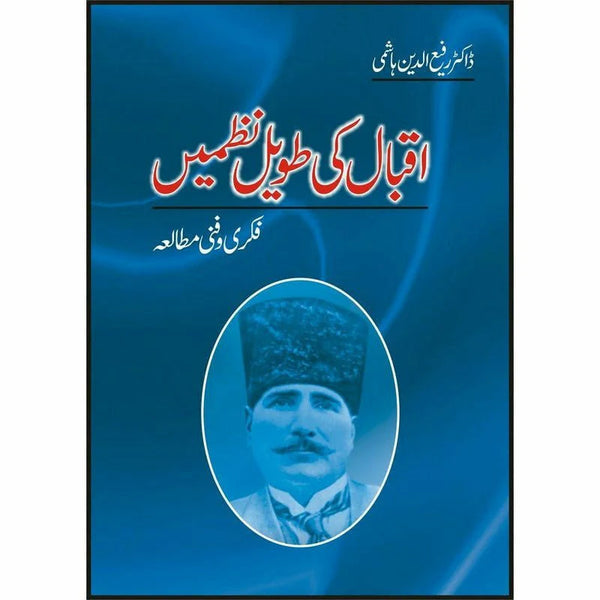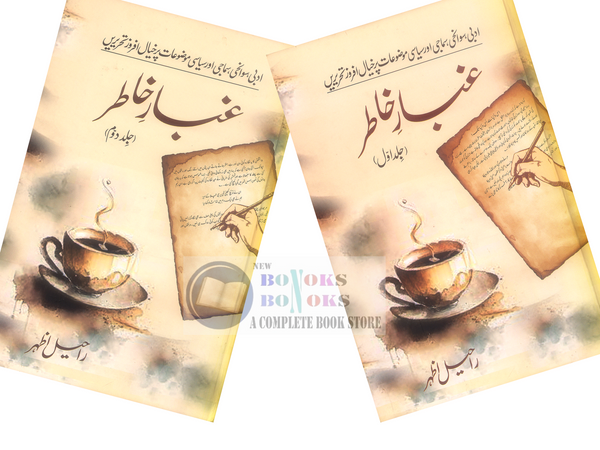Tanqeedi Dabastan by Dr. Saleem Akhtar
- Publisher: Sang-E-Meel Publications
- Availability: In Stock
- SKU: 33982
- ISBN: 9693507509
- Number of Pages: 251
Rs.960.00
Rs.1,200.00
Tags: Allama Iqbal , Classical Urdu Literature , Critical Analysis , Critiques of Literary Works , Cultural Impact of Literature , Dr. Saleem Akhtar , Faiz Ahmed Faiz , Faiz’s Poetry , Feminist Literary Criticism , Historical Context of Literature , History of Urdu Literature , Identity in Literature , Influence of Literature , Intellectual Literature , Iqbal’s Contributions , Literary Analysis , Literary Essays , Literary Legacy , Literary Theories , Literary Theory , Literary Thought , Manto’s Stories , Marxist Literary Theory , Modern Urdu Literature , Nationalism in Literature , Saadat Hasan Manto , Sang-E-Meel Publications , Social Issues in Literature , Tanqeedi Dabastan , Urdu Books , Urdu Critical Perspectives. , Urdu Critics , Urdu Literary Critics , Urdu Literary Discussions , Urdu Literary Works , Urdu Literature , Urdu Literature Review , Urdu Poetry , Urdu Poets , Urdu Prose
Tanqeedi Dabastan is a prominent work of literary criticism written by Dr. Saleem Akhtar, a well-respected critic and scholar in the field of Urdu literature. In this book, Dr. Akhtar explores various elements of Urdu literature, focusing on the critical analysis and examination of literary works, their styles, themes, and cultural significance. The book addresses various schools of thought in literary criticism and presents a comprehensive look at the evolution of Urdu literature.
Key Features:
-
Literary Criticism:
Tanqeedi Dabastan is a collection of essays and critical analysis on different works of literature. Dr. Akhtar delves into the stylistic, thematic, and intellectual aspects of Urdu literary works, offering an insightful critique that is both deep and accessible. -
Exploration of Urdu Literature:
The book covers a broad spectrum of Urdu literature, from classical poetry and prose to modern literary trends. Dr. Akhtar provides a thorough understanding of the development of Urdu literature and its impact on society and culture. -
Diverse Literary Themes:
The author engages with various themes that are prevalent in Urdu literature, including nationalism, identity, social issues, love, and philosophy. The book highlights how these themes have evolved and how they are reflected in literary works across different periods. -
Critical Approach:
Dr. Akhtar's approach to literary criticism is analytical and thought-provoking. He examines the literary techniques, narrative structures, and cultural implications of various works, encouraging readers to think critically about the texts they engage with. -
Insight into Poets and Writers:
Tanqeedi Dabastan features discussions on some of the most celebrated poets and writers in Urdu literature, including Allama Iqbal, Faiz Ahmed Faiz, Saadat Hasan Manto, and others. Dr. Akhtar's analysis helps readers understand the depth of their contributions to Urdu literature. -
Theoretical Framework:
Dr. Akhtar employs different literary theories and frameworks in his critiques, including Marxist, feminist, and postcolonial perspectives. This adds depth and diversity to the critical discussions in the book. -
Historical Context:
The book situates the works of Urdu literature within their historical context, shedding light on how socio-political events, cultural movements, and historical moments influenced the literature of different eras. -
Impact of Urdu Literature:
Tanqeedi Dabastan explores the influence of Urdu literature on the society at large, discussing how literature has shaped public opinion, social norms, and individual identities throughout history. -
Writing Style:
Dr. Akhtar's writing is scholarly yet accessible, making the book suitable for both academic and casual readers interested in exploring literary criticism. His clarity and precision in explaining complex ideas make the book engaging. -
Legacy of Urdu Literary Criticism:
The book contributes to the larger tradition of literary criticism in Urdu literature. Dr. Akhtar’s work is regarded as a significant addition to the discourse surrounding Urdu literary traditions and continues to influence critics and readers alike.
Conclusion:
Tanqeedi Dabastan is an important work in the field of Urdu literary criticism. Dr. Saleem Akhtar’s meticulous analysis and profound insights into Urdu literature provide readers with a greater understanding of both its history and its evolving nature. This book is a valuable resource for anyone interested in the study of Urdu literature, offering a critical and comprehensive view of the genre and its key contributors.



